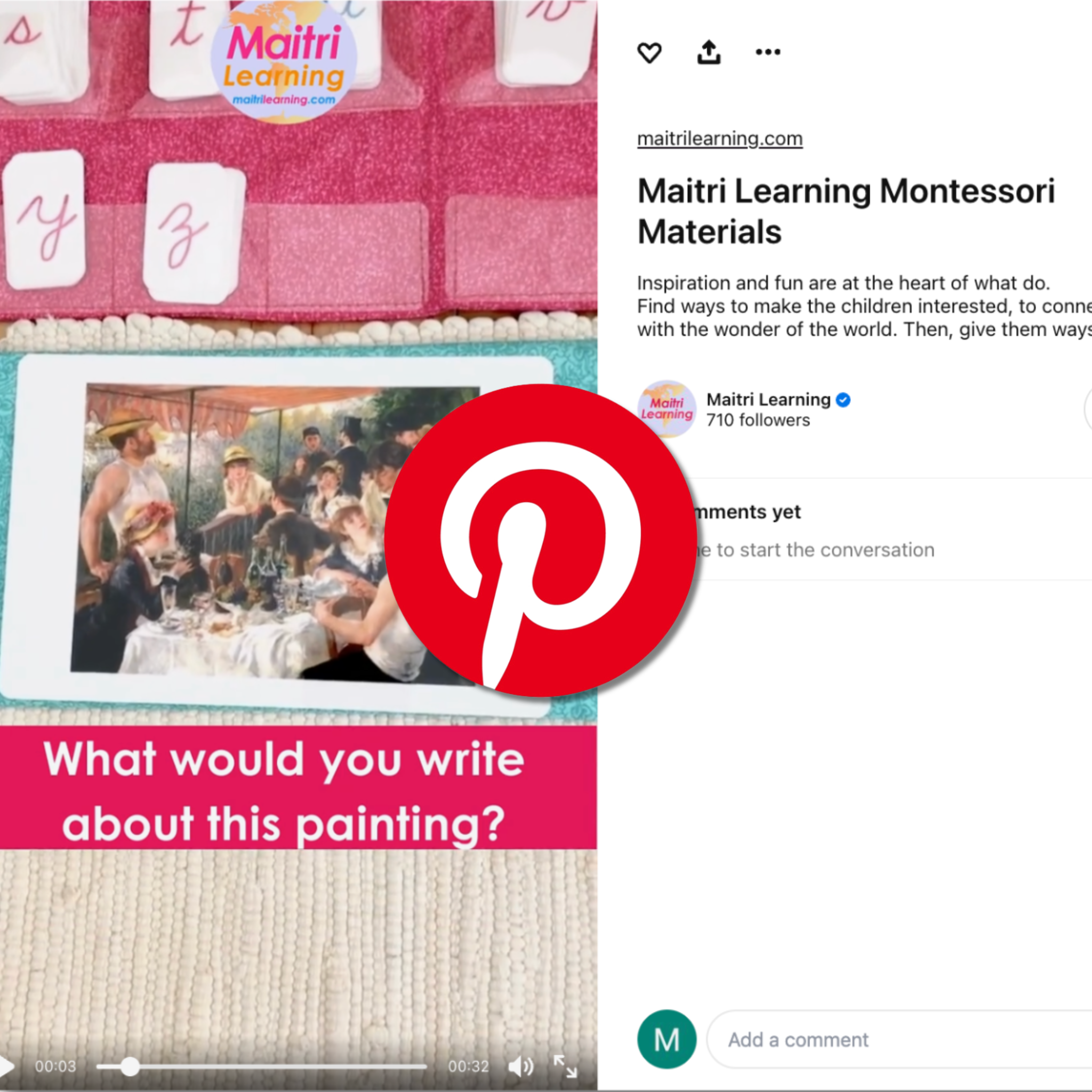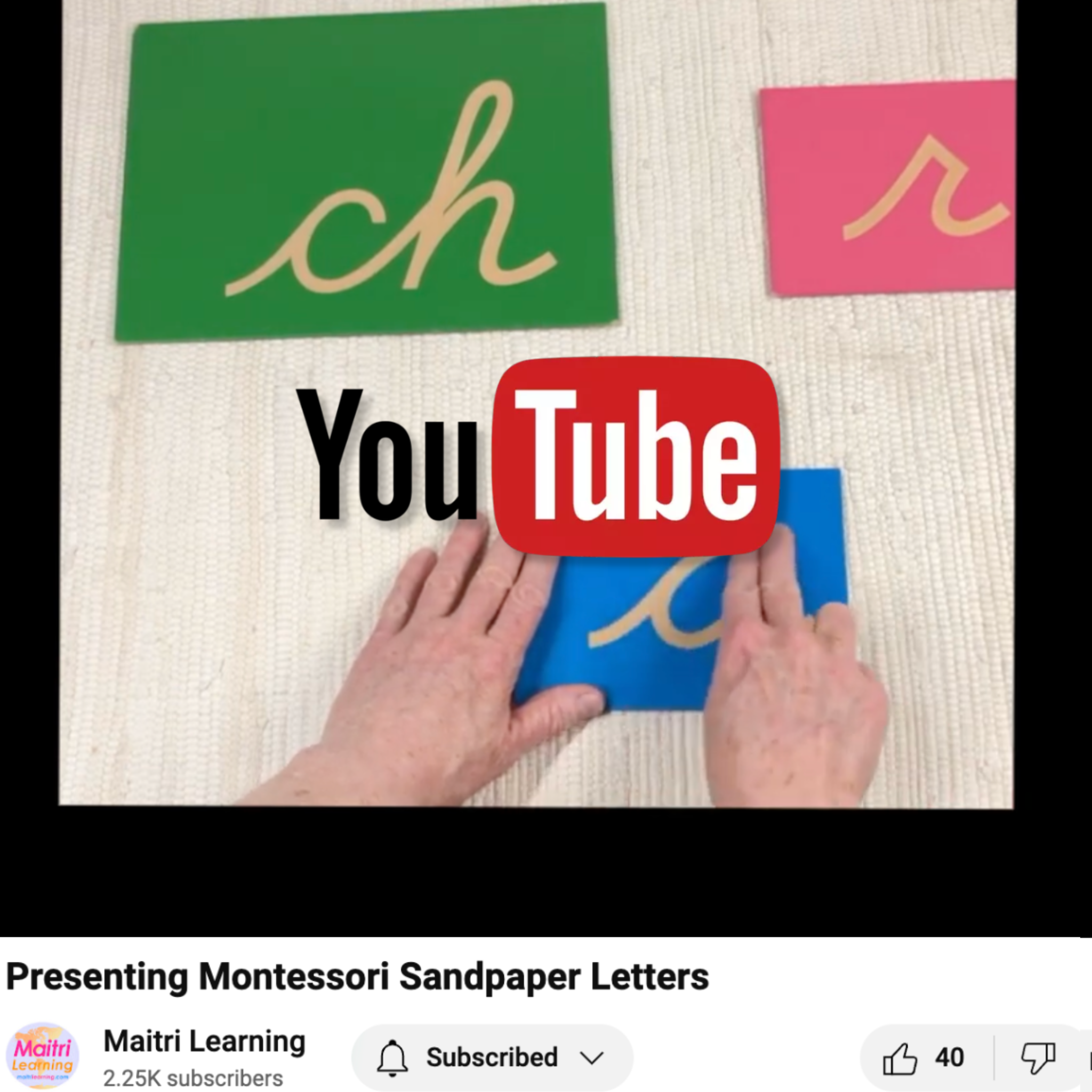Autism in teens

Question:
You once told me to "start where they are" in using the Montessori approach with my children on the autism spectrum. Well, one of them turns 15 next week and I am STILL working in the 9-12 cycle. He is making progress, but rather slow.... From a brain standpoint - have I missed windows with him?? I feel so "rushed" sometimes and like I'm totally so far behind and I'm making the wrong choices for him. I've tried public school, private school, unschooled, ....all the things. It all mostly results in frustration and a long shutdown towards ANY learning and then having that slow return to a more structured learning period each day. Here is a good example: His writing is REALLY horrid. He fatigues easily and there seems to be a total disconnect from brain to hand....I have metal insets, sandpaper letters, a Montessoriam app for tracing on the iPad, etc....I have the bigger pencils for a better grip (although his hands and fingers are huge and long). I'm not trying to make him write everything out, but rather get him to the point of legible printing and being able to function in his adult life with writing confidence.
Answer:
First, don't worry about having 'missed' brain windows. The brain is incredibly flexible and is always changing. There are periods when it tends to be more easily influenced but those timelines are for 'typical' brain development. Your children are on their own path so those guidelines are not as valid.
Second, he may be frustrated with learning because there have been so many approaches. When we have an autistic brain, we tend to be quite intolerant of change (as I'm sure you know). Is there one path that you can choose and stick with for the next few years? That might be helpful.
Further, we are very fortunate today to live in an era with so many adaptive technologies available. Maybe letting him use an electronic speech to text medium would be useful. This doesn't mean you give up on writing, but that for anything of length, you use the scaffold of technology. You can continue to inspire him to write by writing him short little love letters or playful notes...maybe rhymes or riddles...whatever it is that he likes. But the key is to inspire, not require, handwriting which is such a trigger and challenge for him.
The key with all learning is to start with the child's interests. Once we humans find something that intrigues us, we tend to have our own motivation for following through and learning about the topic or how to do the task. Is he interested in calligraphy? Art? See if you can use his interests as a major guide of his academic work.
Finally, I would really suggest you enlist the help of an autism expert (I'm sure you already have). I have limited knowledge in this field and others may have more specific guidance to offer.








Leave a comment
This site is protected by hCaptcha and the hCaptcha Privacy Policy and Terms of Service apply.